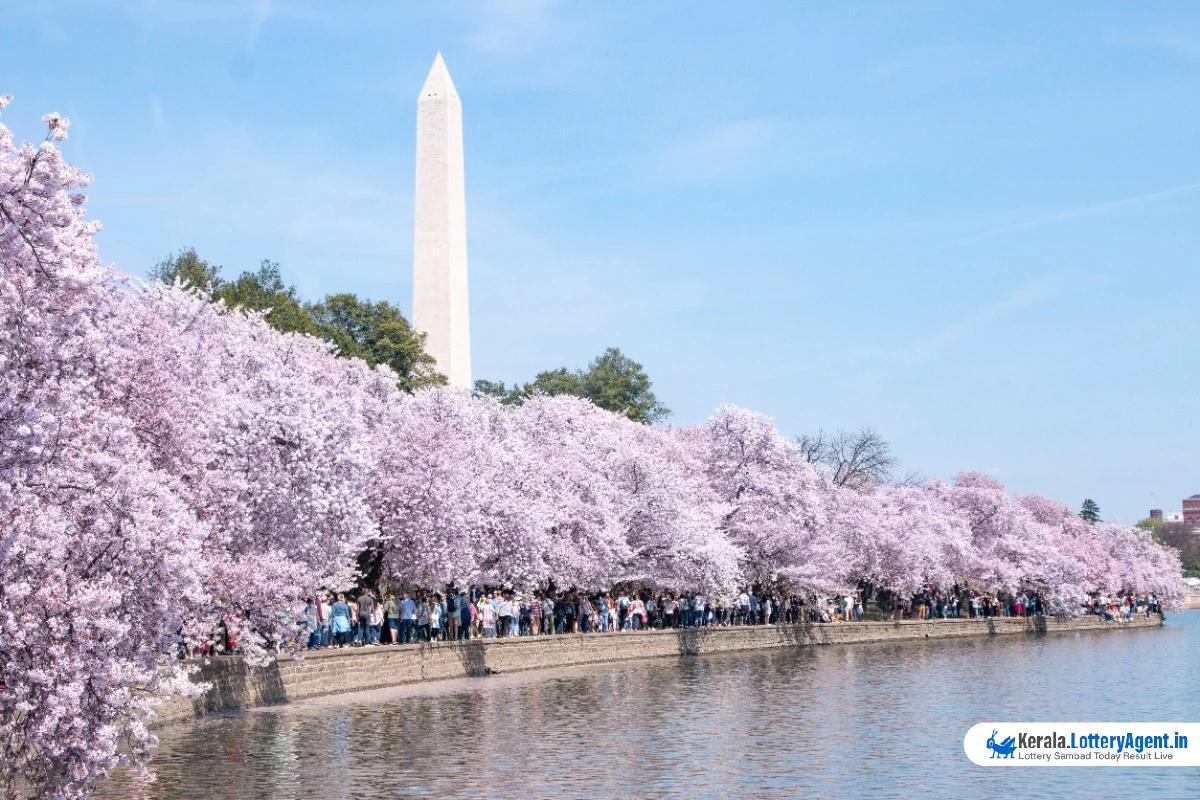
On Monday, May 6, Councilman Kenyan McDuffie presided over an intense three-hour hearing conducted by the Business and Economic Development Committee, delving into the pros and cons of introducing an open market for sports betting in Washington DC. High-profile representatives from BetMGM, Caesars Sportsbook, DraftKings, and Fanatics Betting & Gaming attended the hearing, advocating for the proposed changes.
The hearing wasn’t just a platform for these industry heavyweights; it also featured strong opposition from small business representatives. A contentious undercurrent coursed through the proceedings as McDuffie and DC Lottery’s Frank Suarez revisited their contentious exchanges about the delays in implementing change.
The financial implications of the new bill under scrutiny were significant. It proposed an increase in the tax rate, restored funding for programs addressing problem and responsible gaming, and introduced a “Type C” license. Moreover, it would permit seven professional sports franchises and teams to forge partnerships with sportsbooks.
McDuffie pulled no punches in his criticism of Intralot, the operator behind the faltering GambetDC, for what he saw as holding the Office of Lottery and Gaming “hostage.” He expressed frustration over Intralot’s significant leverage over the lottery system, stating, “I resent that, to be candid with you… We should not have to make a decision under duress about generating revenue with a company that has failed miserably at managing our sports wagering operation.”
Currently, the OLG is bound by a single contract with Intralot to manage both lottery and sports betting. This contract, which originated from a contentious no-bid decision by the DC Council in 2019—a decision opposed by McDuffie at the time—is now a central focus of debate.
GambetDC’s performance under Intralot was disappointing, with sub-optimal odds and a limited betting market contributing to paltry revenue figures. Conversely, when FanDuel entered the picture as a subcontractor to Intralot in a no-bid arrangement and paid the city $5 million—surpassing GambetDC’s four-year revenue—in just two weeks of operation, it accumulated $14.7m in bets and $2.8m in gross gaming revenue.
Despite the struggles, McDuffie is a proponent of an open market. During the hearing, brand representatives from Fanatics Betting & Gaming shared insights on the current market limitations, noting that many DC-based customers were either traveling across state lines or venturing into potentially unsafe offshore betting markets due to the lack of local options. Other operators concurred, emphasizing the disadvantage faced by the district’s bettors due to limited choices.
However, the notion of market liberalization was not without its detractors. Okera Stewart of Potomac Supply Company expressed concerns that an open market could jeopardize his business, while Barbara Lang, a small business owner and former DC Chamber of Commerce CEO, warned that such a market would marginalize in-person gaming revenue opportunities for retailers.
Yet, not all testimony was in opposition; some indicated that new entrants to the market might engage in brick-and-mortar operations, potentially mitigating some concerns.
Taxes, too, were a point of contention. With Intralot’s sports betting product, the lottery initially took a 57% cut, reduced to 40% in the deal with FanDuel. McDuffie’s bill proposed further tax cuts, arguing that a more competitive market would drive volume and spending, benefiting the city’s coffers. But current operators like Caesars, which runs a sportsbook at Capital One Arena, feared that higher taxes could threaten their operations.
Following the testimonies, McDuffie and Suarez locked horns, scrutinizing the recent contract timing with FanDuel and the sluggish progress towards a Request for Proposal, which could lead to an open market. Amidst this, OLG staff raised the possibility that a reduced tax rate might drive FanDuel away and bring GambetDC back into play, a scenario nobody seems to want.
The tensions and stakes highlighted during the hearing epitomize the complexities of navigating regulatory changes in the burgeoning sports betting landscape. The future of DC’s market hangs in the balance as decision-makers weigh generating revenue against the potential consequences for small businesses and the integrity of the gaming system.












